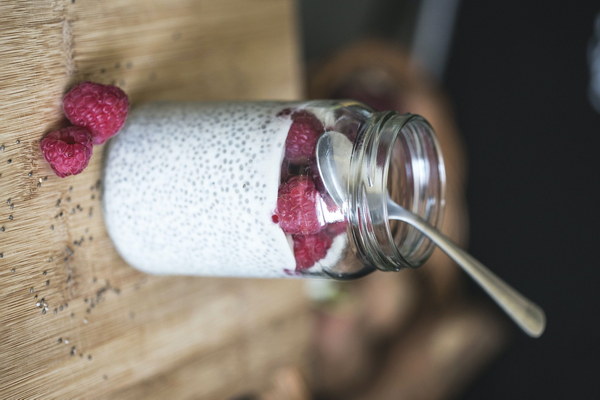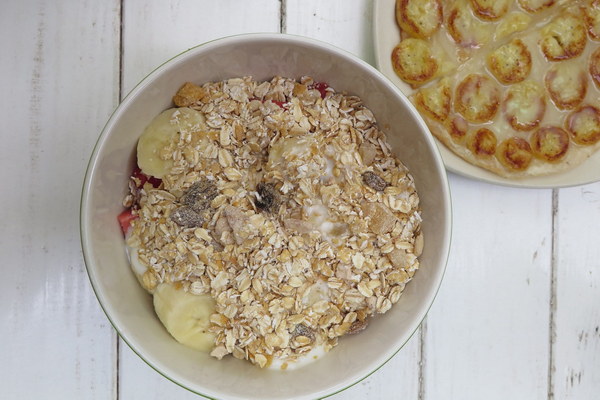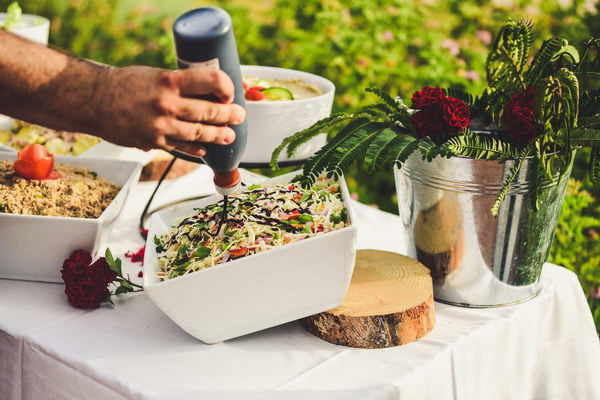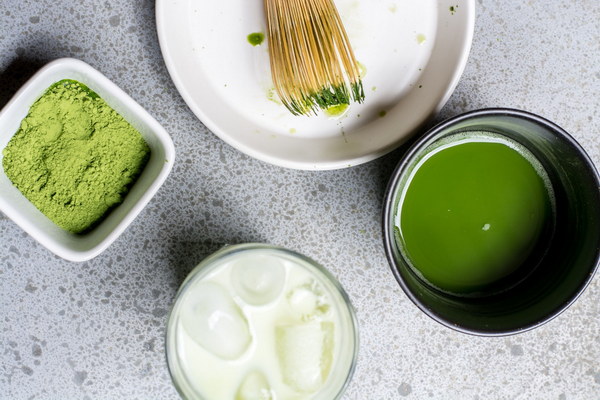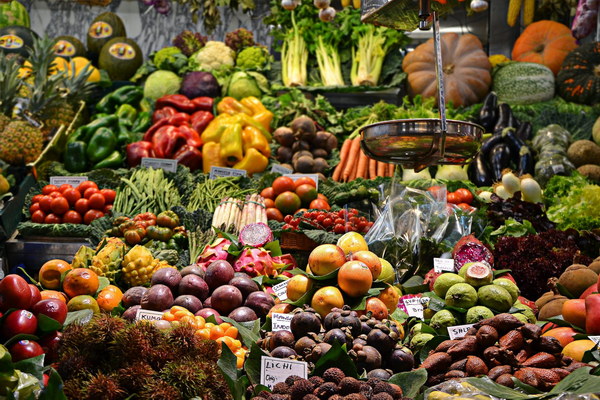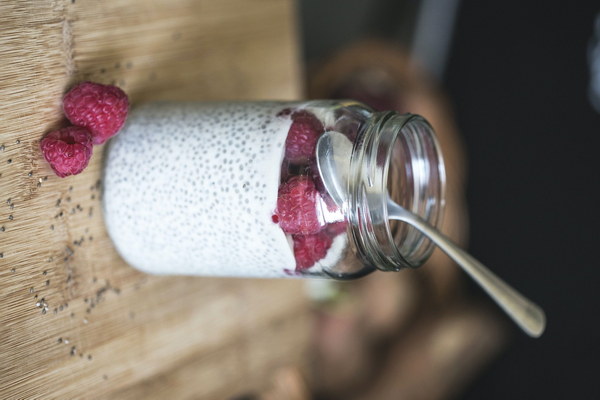Bloating Be Gone A Comprehensive Guide to Alleviating Gas with Dietary Remedies
Introduction:
Bloating is a common problem that affects many people, often causing discomfort and embarrassment. While it can be caused by various factors such as poor diet, stress, and medical conditions, one of the most effective ways to reduce bloating is through dietary adjustments. This article provides a comprehensive guide to identifying foods that can help alleviate gas and bloating, as well as tips on how to incorporate them into your diet.
1. Understanding Gas and Bloating:
Gas is a normal part of the digestive process, and everyone produces it. However, when gas accumulates in the digestive tract, it can cause bloating, discomfort, and pain. The key to managing gas and bloating lies in identifying and avoiding foods that are high in FODMAPs (Fermentable Oligosaccharides, Disaccharides, Monosaccharides, and Polyols), which are short-chain carbohydrates that can be difficult to digest.
2. Foods to Avoid:
a. Foods High in FODMAPs: These include dairy products (such as milk, cheese, and yogurt), wheat, onions, garlic, legumes, apples, and stone fruits. Limiting or avoiding these foods can significantly reduce bloating.
b. Artificial Sweeteners: Sweeteners like aspartame, saccharin, and sucralose can cause bloating and gas. Opt for natural sweeteners like honey, maple syrup, or stevia instead.
c. Carbonated Beverages: Carbonated drinks can cause gas to build up in the digestive tract, leading to bloating. Choose water, herbal teas, or flavored water instead.
3. Foods to Include:
a. Probiotics: Probiotics are beneficial bacteria that can help maintain a healthy gut. Foods rich in probiotics include yogurt, kefir, sauerkraut, kimchi, and miso. These foods can help improve digestion and reduce bloating.
b. Fiber-Rich Foods: Consuming fiber can help regulate bowel movements and reduce bloating. Good sources of fiber include fruits, vegetables, whole grains, legumes, nuts, and seeds. Aim to incorporate a variety of high-fiber foods into your diet.
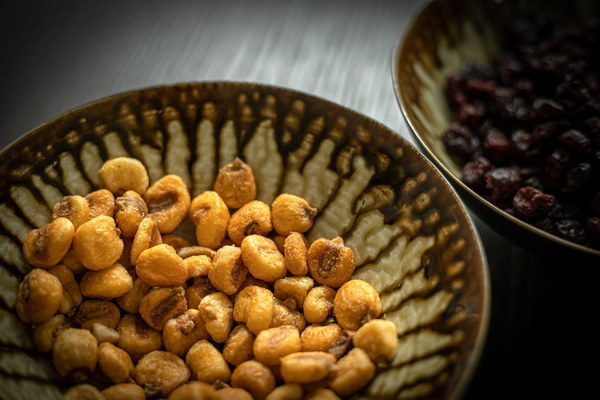
c. Peppermint and Fennel: These herbs have been shown to help alleviate bloating and gas. You can consume them in tea form or add them to your cooking.
4. Tips for Incorporating Gas-Reducing Foods:
a. Start Slowly: When introducing new foods into your diet, start with small portions and gradually increase your intake. This allows your body to adjust to the new food and reduces the risk of bloating.
b. Drink Water: Staying hydrated is essential for digestion. Drink plenty of water throughout the day to help flush out excess gas and aid in digestion.
c. Eat Regularly: Eating small, frequent meals can help prevent bloating and gas. Avoid going for long periods without eating, as this can lead to overeating and discomfort.
5. Lifestyle Adjustments:
a. Reduce Stress: Stress can lead to bloating and gas. Practice relaxation techniques such as deep breathing, meditation, or yoga to help manage stress levels.
b. Avoid Smoking and Limit Alcohol: Smoking and excessive alcohol consumption can contribute to bloating and gas. Limiting these habits can help improve your digestive health.
Conclusion:
Bloating can be a frustrating and uncomfortable condition, but it can be managed with dietary adjustments and lifestyle changes. By incorporating gas-reducing foods and making mindful choices, you can significantly reduce bloating and enjoy a healthier, more comfortable life. Remember to consult with a healthcare professional before making any significant changes to your diet or lifestyle.

